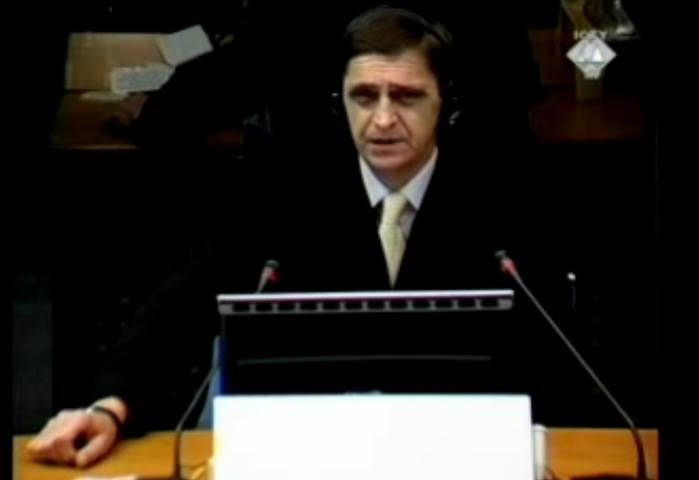This post is also available in: Bosnian
The High Judicial and Prosecutorial Council on Thursday decided to support amendments to Bosnia and Herzegovina’s war crimes strategy in order to ensure that all the cases in the country’s enormous backlog are finally processed by 2023, BIRN has learned.
As indicated in the draft strategy, which BIRN has obtained, the state prosecution has more than 550 unresolved war crimes cases in which more than 4,500 perpetrators have been identified, and as many cases again with unknown perpetrators.
The state strategy was originally adopted in 2008 and stipulated that the most complex war crime cases should be completed in seven years.
Because this deadline was not met, a working group to draft amendments to the original strategy was set up.
The draft of the revised strategy says that it is necessary for the state court to process the most important suspects as a matter of priority.
When it comes to classification of cases as either ‘complex’ or ‘less complex’ ones, it needs to be agreed at which level of the country’s court system they will be processed.
One of the goals defined in the strategy is ensuring an efficient distribution of cases to lower-level courts in Bosnia’s two entities and the Brcko District – a process which has proved inadequate so far.
“Uneven distribution of cases, as well as processing less complex cases by the prosecution and court of Bosnia and Herzegovina, are among the causes of the inefficient processing of the most complex war crime cases and the expiry of the original seven-year deadline specified under the strategy,” the new draft strategy says.
Once a substantial number of cases have been transferred to the entity and Brcko courts, it will be necessary to reinforce human resources to deal with these cases, and local ministries will be expected to provide financial resources, the draft strategy says.
To ensure quality work on war crime cases, efforts will be invested in strengthening court and prosecutorial capacities and training and educating personnel, it adds.
Cooperation with other countries in the region must be improved, because the existing cooperation mechanisms have not adequately resolved referrals of war crimes cases from one country to another, or the extradition of suspects who have dual citizenship.
The new strategy also aims to update the register of cases pending before the state court and prosecution.
“Within the deadline of 30 days following the adoption of the revisions and amendments to the strategy, the prosecution of Bosnia and Herzegovina shall update the existing registry of war crime cases and classify them either as complex or less complex cases,” the draft strategy indicates.
A session of the High Judicial and Prosecutorial Council on Thursday voted unanimously to support the proposal for the revised strategy and said that it should be adopted by the country’s Council of Ministers.


